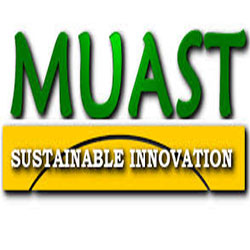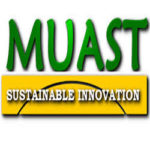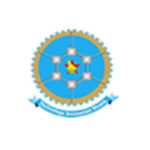The 5-year USAID funded Mhuri / Imuli program’s goal in Zimbabwe is to improve maternal, youth and child health and survival in beneficiary communities and populations. The geographic focus is the seven districts of Manicaland Province, focusing on activities to increase the demand and supply of integrated, quality MNCH-FP services as well delivery of family planning services through outreach in all 10 provinces of Zimbabwe. This project will provide Technical Assistance (TA) to the MOHCC in Manicaland for MNCH and direct service delivery for Family Planning through outreach services. The goal of community systems strengthening (CSS) is to develop the roles of target populations and communities, community organizations and networks, and public- or private-sector actors that work in partnership with civil society at the community level, in the design, delivery, monitoring and evaluation of services and activities aimed at improving health. As part of strengthening MNCH/FP services in Manicaland, Mhuri/Imuli seeks to strengthen Health Centre Committees (HCC), improve the linkages to integrated MNCH/FP services, develop locally-driven MNCH/FP innovations and engage Apostolic communities.
Basic Function
The Community Health Systems Specialist (CHSS) will be responsible for managing and implementing the community health system strengthening component of Mhuri/Imuli project. The individual will provide technical support to Civil Society Organisations who are strengthening Health Centre Committees (HCC) in Manicaland on behalf of MHURI/IMULI.
Duties and Responsibilities
Oversight of Civil Society Organization’s work with HCCs: Monitoring implementation and results, coordinating HCC capacity building activities with other technical domains of the Mhuri/Imuli project (e.g. Quality Improvement, Community referrals and networks, etc.), and assisting with learning and adaptation around HCCs.
Assist with the designing and delivering strategies for strengthening HCC activities related to MNCH/FP, Quality Improvement, community engagement and intelligence gathering, and community resource mobilization.
Work with Research Associate and Monitoring and Evaluation Advisor to develop and implement learning on community systems strengthening: plan, develop/implement innovations around community systems (roles of HCCs and community referrals), articulate learning questions/objectives; define indicators and methods; gather and analyze data; communicating results to inform action (changes in practice, project and government plans, and informing policy).
Lead on developing strategies and approaches for more intensive and effective engagement with religious objector communities, including their involvement on HCCs, participation in community referral networks, and innovating around how Village Health Workers can more effectively engage with and serve apostolic communities.
Work with Social and Behaviour Change Communication team to ensure coordination of Social and Behavior Change Communication strategies (align and coordinate messages, coordination/collaboration between Village Health Workers and peer educators, etc.) and capacity building.
Required skills, knowledge and abilities
Knowledge of MNCH/FP health issues and services, especially community-based interventions approaches/principles of adult learning, i.e. doing more than just training workshops: on-job training and learning through practice, coaching/mentoring, peer-based mentoring/supervision, distance mentoring/supervision, gathering client/community feedback, etc.
Data collection and information systems for community-based activities
Quality Improvement of health services, especially community-based activities
Facilitating community referral systems
Supporting data collection/information systems for community-based activities
Community engagement, especially for: men, adolescents/youth, and apostolic sects
Monitoring, evaluation, learning, and research; basic qualitative and quantitative methods, with an emphasis on collaborative learning and using results for program improvement
Experience in managing and giving technical assistance to Civil Society Organizations
Minimum Requirements
A Master’s Degree in social sciences, health sciences or public health
A Bachelor’s Degree in health or social sciences
Or an equivalent combination of relevant education and/or experience sufficient to successfully perform the key responsibilities of the job
5-7 years’ experience working in community research, health or social science development in rural Zimbabwe
Experience in community health system strengthening is preferred.
This job description summarizes the main duties of the job. It neither prescribes nor restricts the exact tasks that may be assigned to carry out these duties. This document should not be construed in any way to represent a contract of employment. Management reserves the right to review and revise this document at any time






